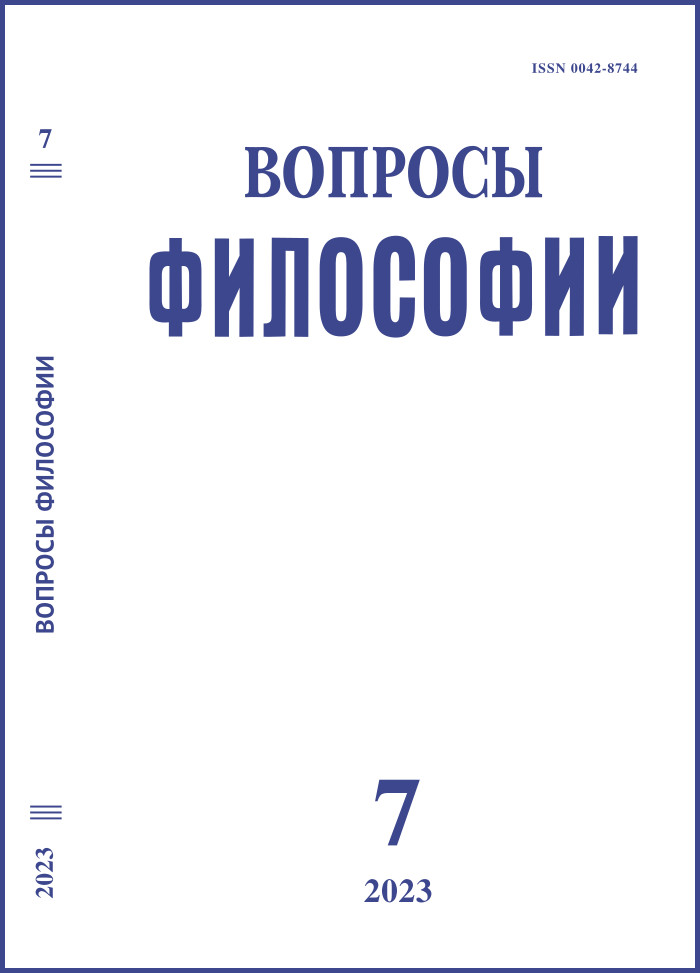Late Lotman and the Moscow-Tartu Semiotic School: in the rear, on the front line or on the way?
DOI:
https://doi.org/10.21146/0042-8744-2023-7-131-142Keywords:
Moscow-Tartu Semiotic School, structuralism, post-structuralism, unpredictable, translation, untranslatability, understanding, misunderstanding.Abstract
The title of this text is based on images taken from a conversation between the late Lotman and the Estonian culturologist Peeter Torop, recorded in 1992. They appeared not on their own, but in response to the question about the destiny of the Tartu school, about its current state, about its place and role in science. Through the military metaphor of the late Lotman, who contrasted the rear and forefront, the article shows some current trends in the development of structural and semiotic studies. The author does not identify the methodological approach of the Moscow-Tartu Semiotic School (MTSS) and its embodiment in the work of its most prominent representative, but does not tear them apart, like those of modern critics who see in the post-structuralist sensitivity of the late Lotman an overcoming of the structuralist dogmatism of the school. Moving away from black-and-white assessments, the author shows the deployment in Lotman’s work of new (albeit attributed by him to the school as a whole) problems –
multilingualism, cultural dynamics, openness of semiosis in space and time. The author sees the most interesting and philosophically significant conceptual move in Lotman’s interpretation of translation, where misunderstandings and untranslatabilities are no longer considered as obstacles to cognition, but as sources of new cultural meanings.

